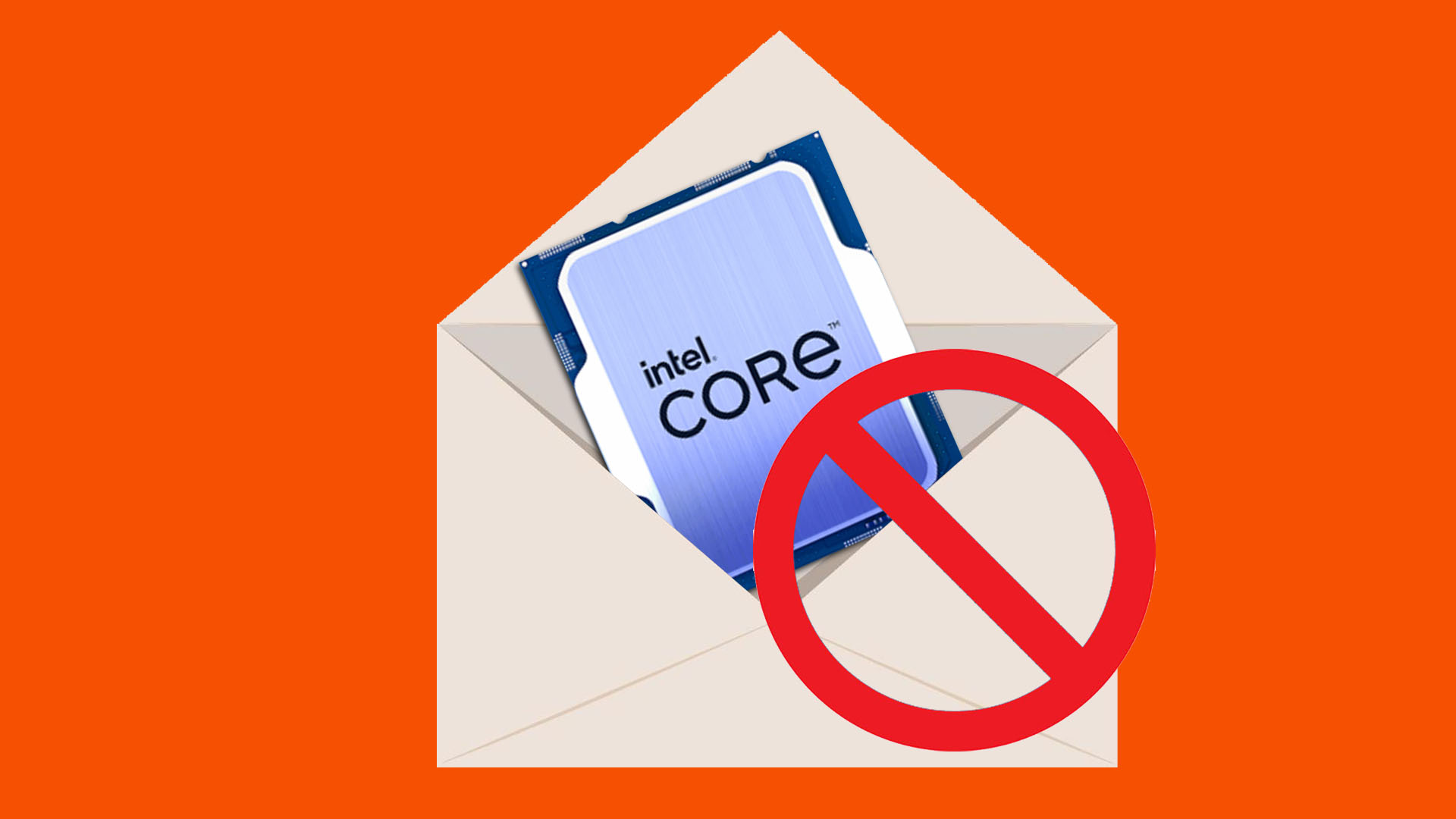The saga of crashing 13th and 14th-gen Intel CPUs is continuing, as not only does it appear that Intel still hasn’t actually fixed its faulty processors, but it is apparently also standing fast on not offering any sort of recall process for the chips.
The latest development from Intel confirms the company’s stance on customer service for its best gaming CPUs, which have been crashing regularly when playing games based on Unreal Engine 5 for months. Not only that, but there are also reports that CPUs affected by the problem will eventually fail, with one game developer outright saying that “Intel is selling defective CPUs.”
All this negativity comes off the back of Intel just last week stating that it had found the cause of the problem and would be issuing a fix. However, it has now stated that, while the microcode update it mentioned last week will fix the issue for any CPUs that haven’t yet shown symptoms of the problem, those CPUs already experiencing issues may find the microcode update doesn’t now correct the CPU. The implication here is that the fault will have already permanently slightly harmed the CPU, though Intel doesn’t say this explicitly.
These revelations come from questions posed to the company by TheVerge, with Intel directly answering several questions regarding the CPUs affected, the status of a fix, and any plans by Intel to recall or stop selling the CPUs.
The site had yet to receive an answer to some of the questions – there’s no word on an extended warranty for these chips, for instance, but the company confirmed there wouldn’t be a recall. We don’t particularly like that answer, but at least Intel straightforwardly answered the question with a simple “no.”
Instead, Intel responded to continued questions about options for buyers affected by the issues by saying that, “customers experiencing instability on their 13th or 14th generation desktop processor-based systems should contact Intel customer support for further assistance.”
All told, with Intel’s current-generation CPUs already having been slower than AMD’s X3D chips for gaming, and being much less power efficient in general, the goal is wide open for AMD’s new Zen 5 Ryzen 9000 CPUs to absolutely dominate CPU buying charts for months to come, unless Intel can change this situation quickly.


